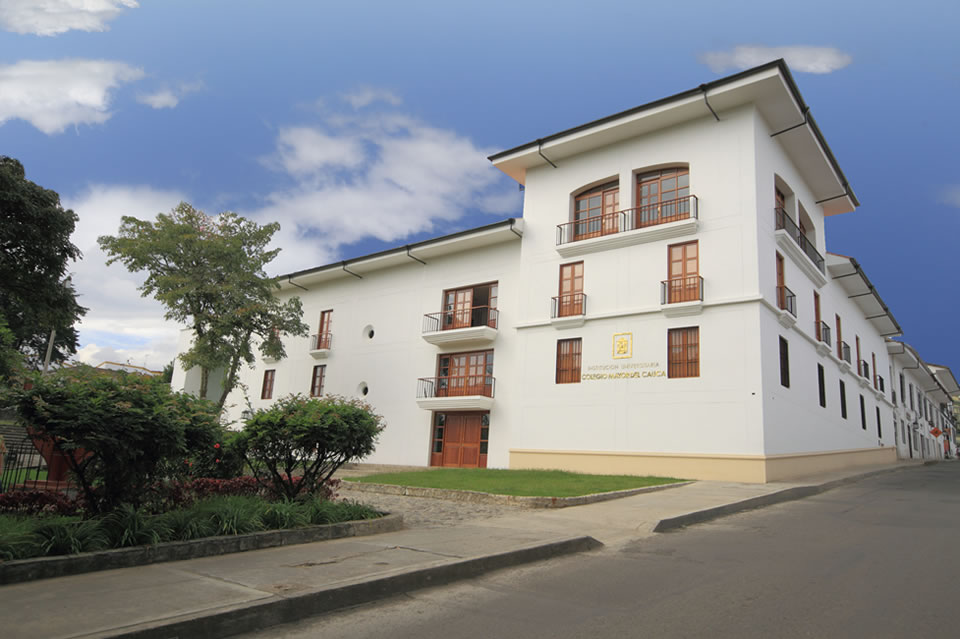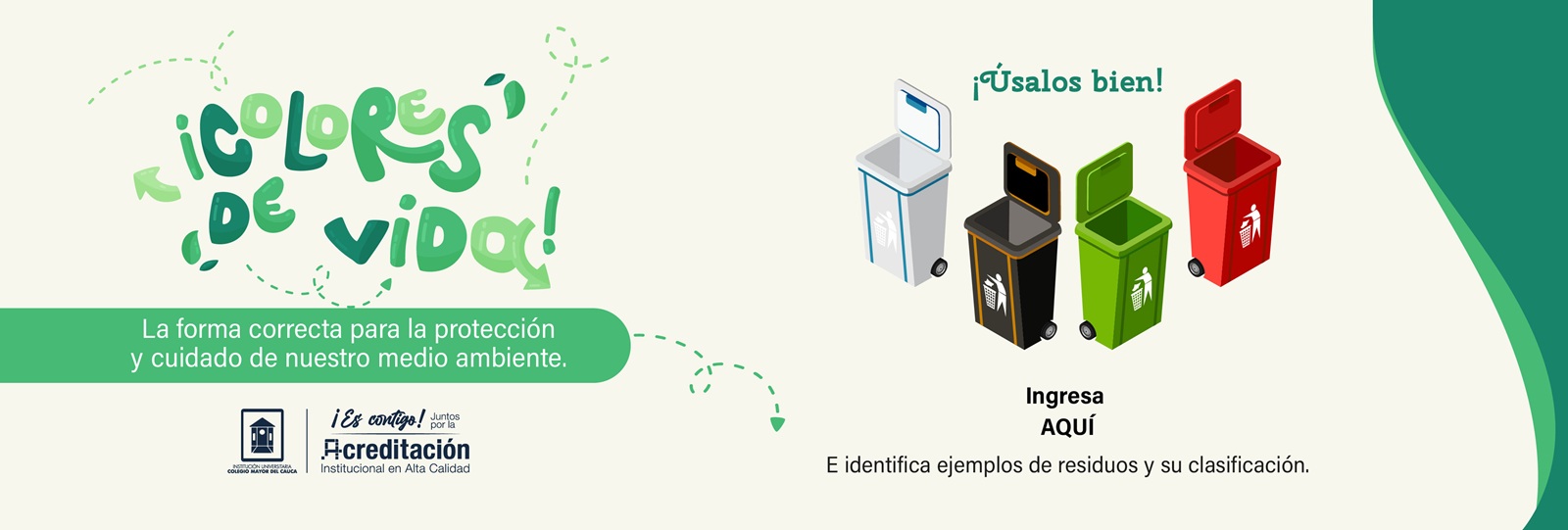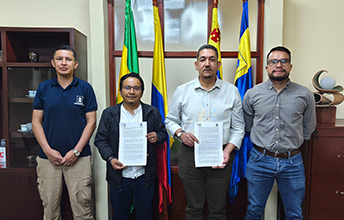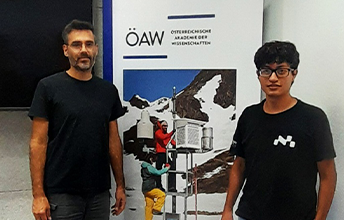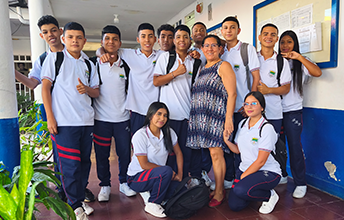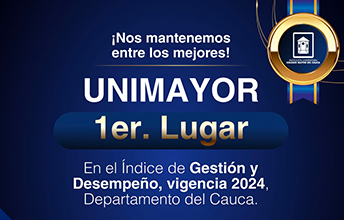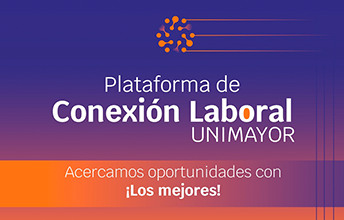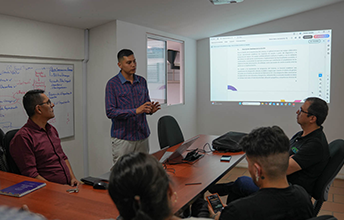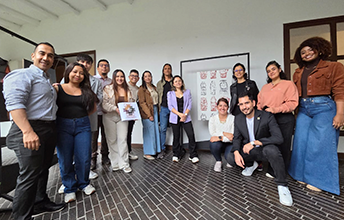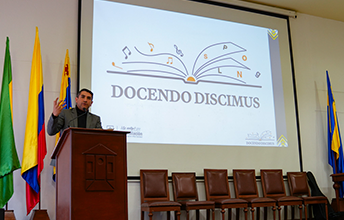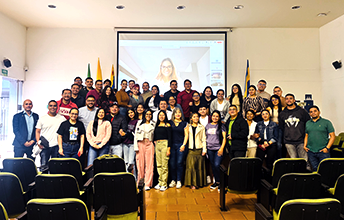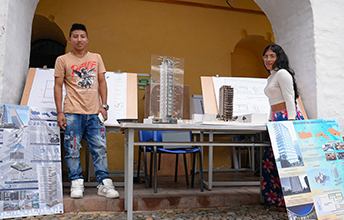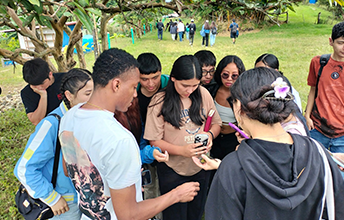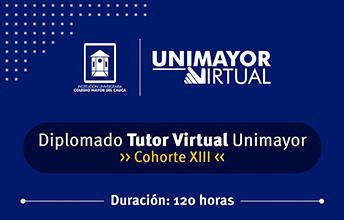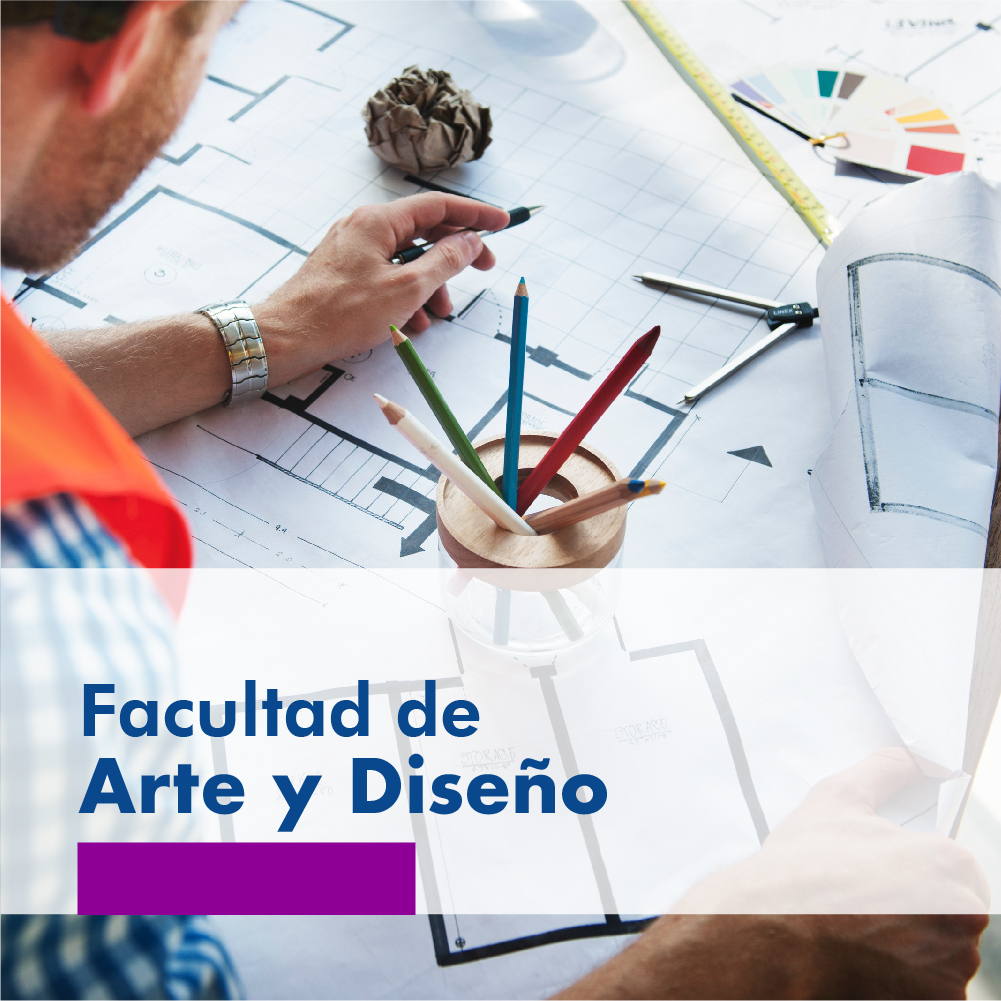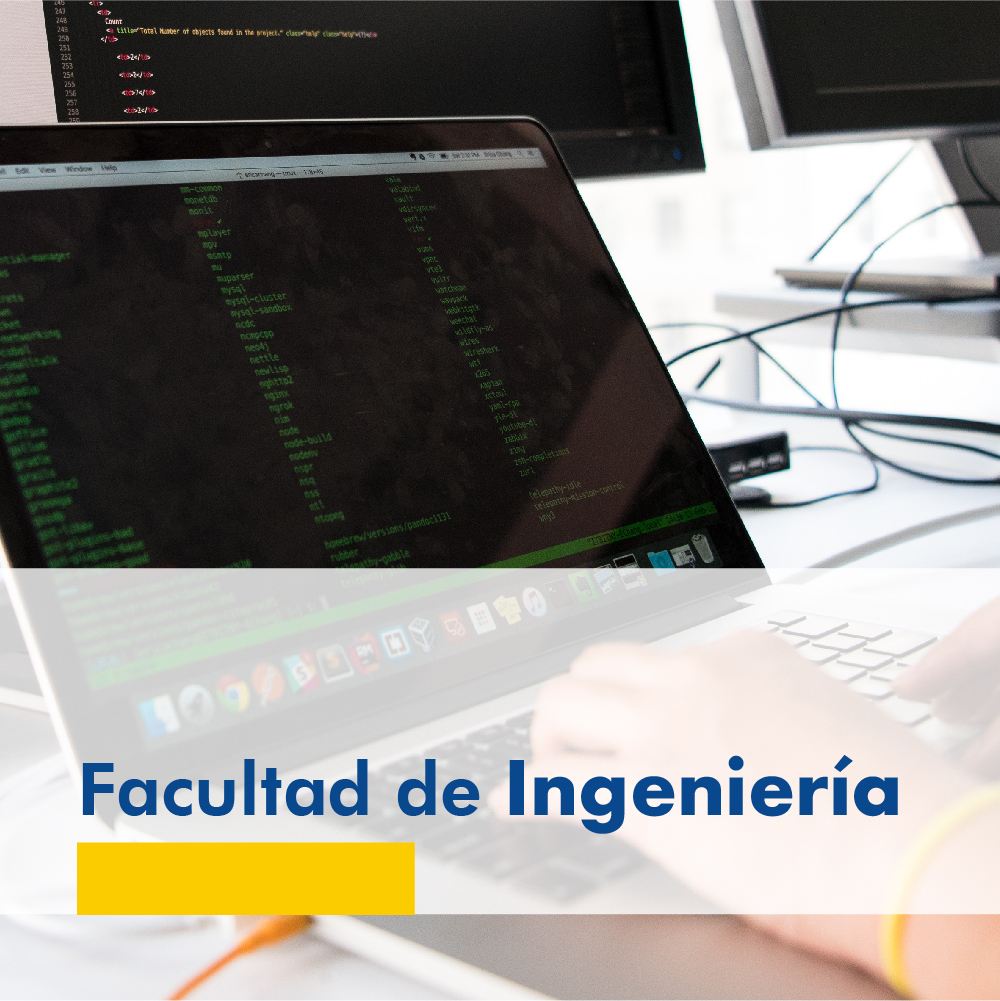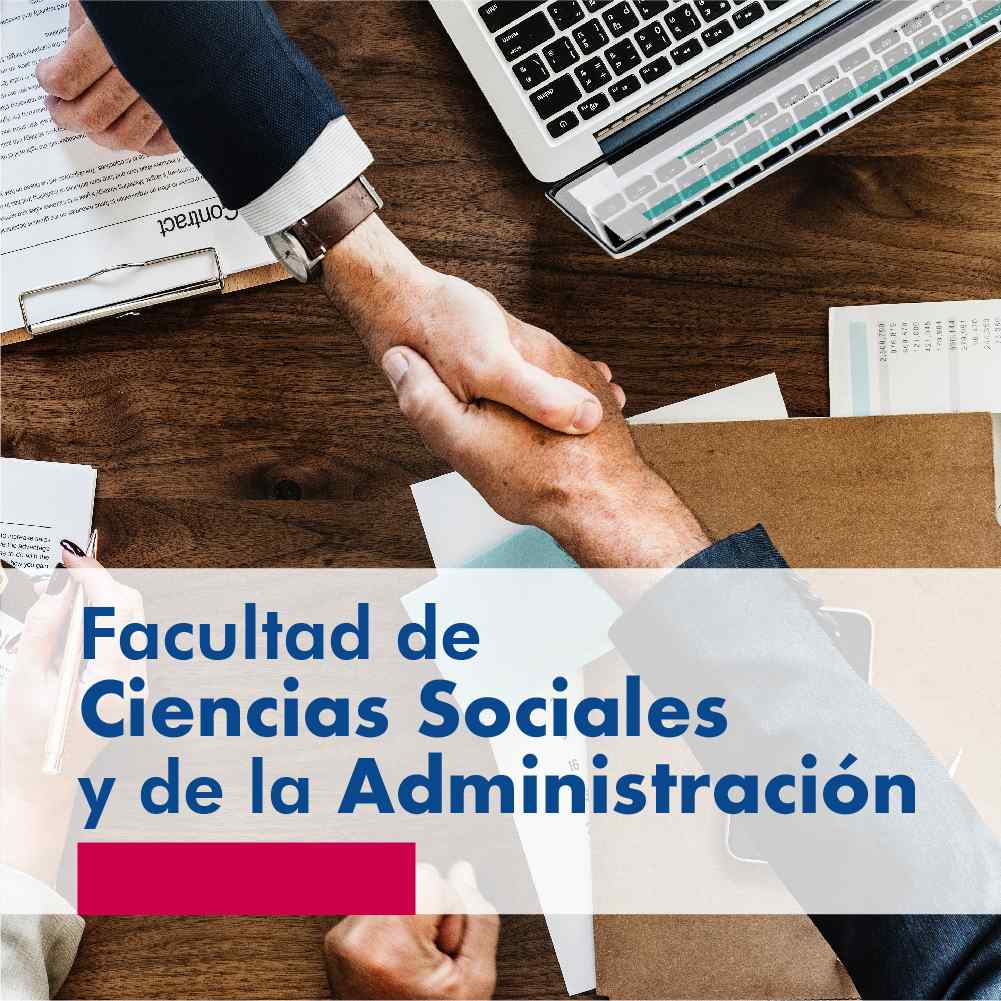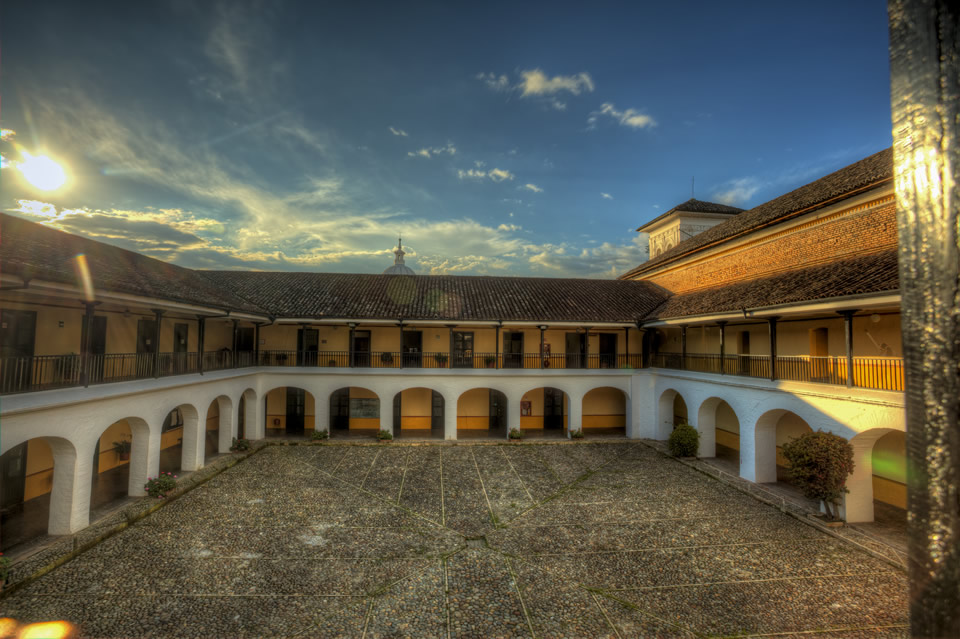
The Cloister of the Incarnation was donated by the Departmental Assembly of Cauca.
In 1564, Friar Agustín de la Coruña II, Bishop of Popayán, grants his goods and temporalities and orders the foundation of the Monastery of the Incarnation, a peaceful and austere place in keeping with the period’s monastic architecture whose destiny would be the education of maidens, daughters of poor families.
On 20 March 1591, the first three Augustinians of the Incarnation entered the cloister, a community of strict and severe cloistering. The work of the Augustinians of the Incarnation was carried out in Popayán for 279 years and in 1863 they were secularized; they had to leave the Cloister and the city, leaving the convent at the nation’s care.
In 1898, the Cloister retook its vocation as a site constructed for education, with the arrival of the Sisters of St. Joseph of Tarbes (Josephines) who lived in it until 1920, when the Departmental Government took the Monastery under its tutelage.
On 25 October 1927, the School of the Sacred Heart was founded; it was run by the Salesian Sisters, who for 50 years conduct an excellent educational labor. They left the Cloister to occupy modern installations assigned by the Colombian Institute of School Buildings.
Agreements reached by the then Rector, Doctor Ruth IEPeda Vargas culminated with the expedition of Ordinance 020 of December 27, 1977, which destined the Cloister for the operation of Colegio Mayor del Cauca. The Ordinance was not complied with; it was ignored by the Departmental Government, leaving the Cloister abandoned for two years and later occupied by dependencies of the Cauca Governor’s office.
On Holy Thursday, 31 March 1983, when Popayán was celebrating the traditional holy week processions, the city was struck by a strong earthquake that destroyed the city and, of course, much of the convent. Colegio Mayor del Cauca was left without a campus because the house where it operated was completely razed. This situation compelled Governor Amalia Grueso de Salazar Bucheli to comply with the Ordinance by turning over the ruins of the Cloister of the Incarnation on 11 August 1983 to Colegio Mayor del Cauca.
This made way for the big reconstruction of a monument that is a testimony and comprehensive part of the history of Popayán. The work saw the intervention of some of Colombia’s most renowned engineers and architects who came together around a big restoration project.
The Cloister of the Incarnation was founded to be dedicated to EDUCATION. Today, it has retaken its course by being occupied by hundreds of young men and women who enter public education in search of a better future.
Colegio Mayor del Cauca, with this campus, which is a National Monument, has a second opportunity on the land; an opportunity that must be experienced with responsibility and the challenge it offers.
